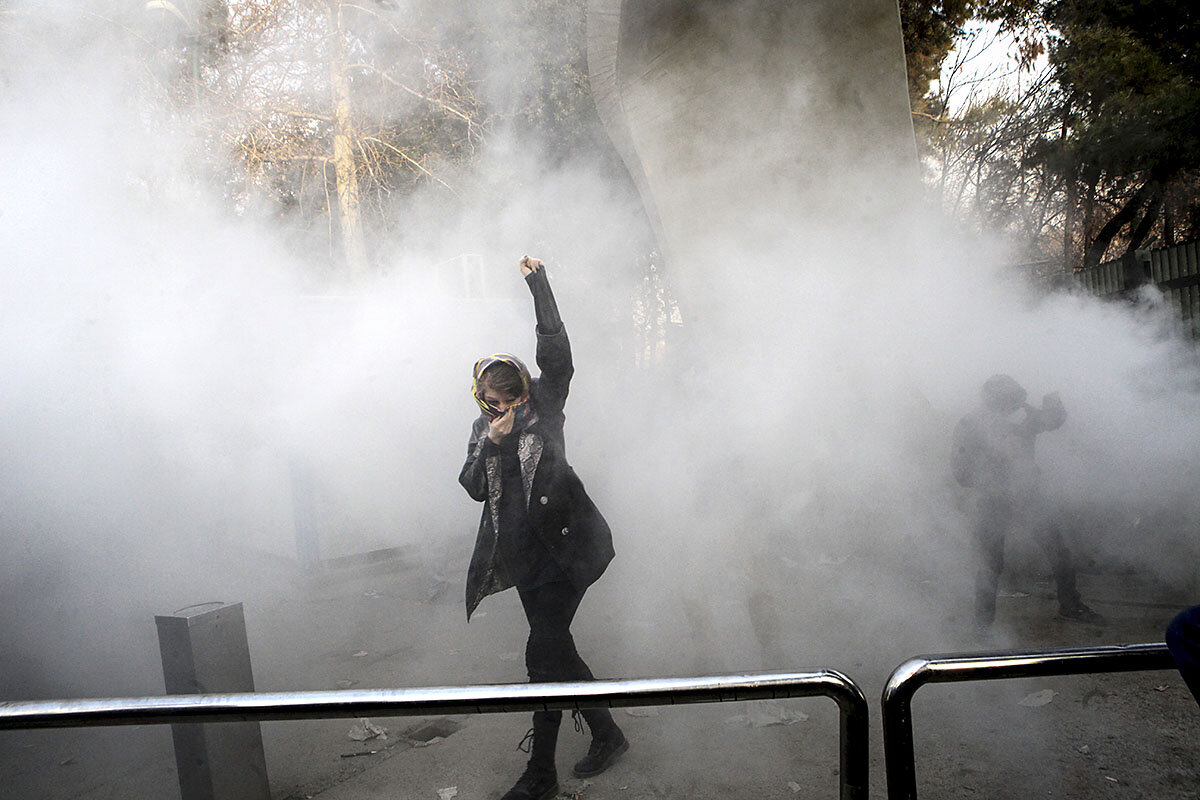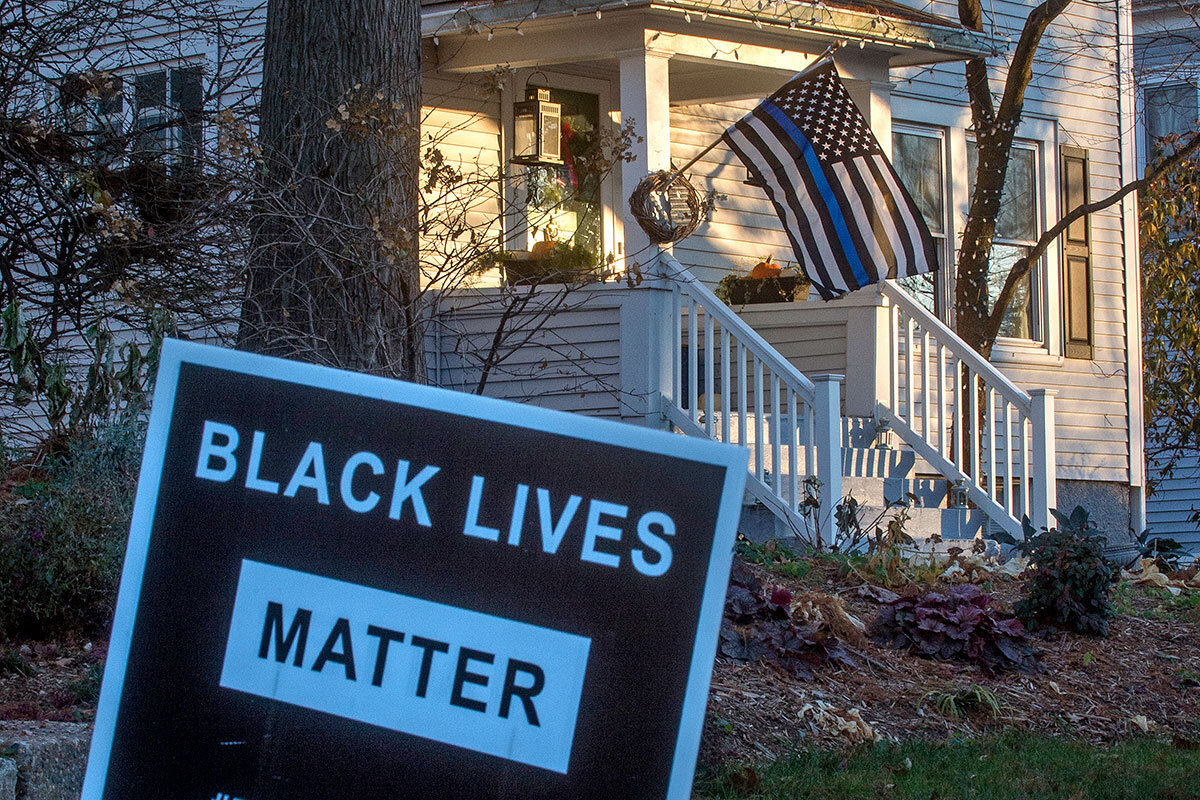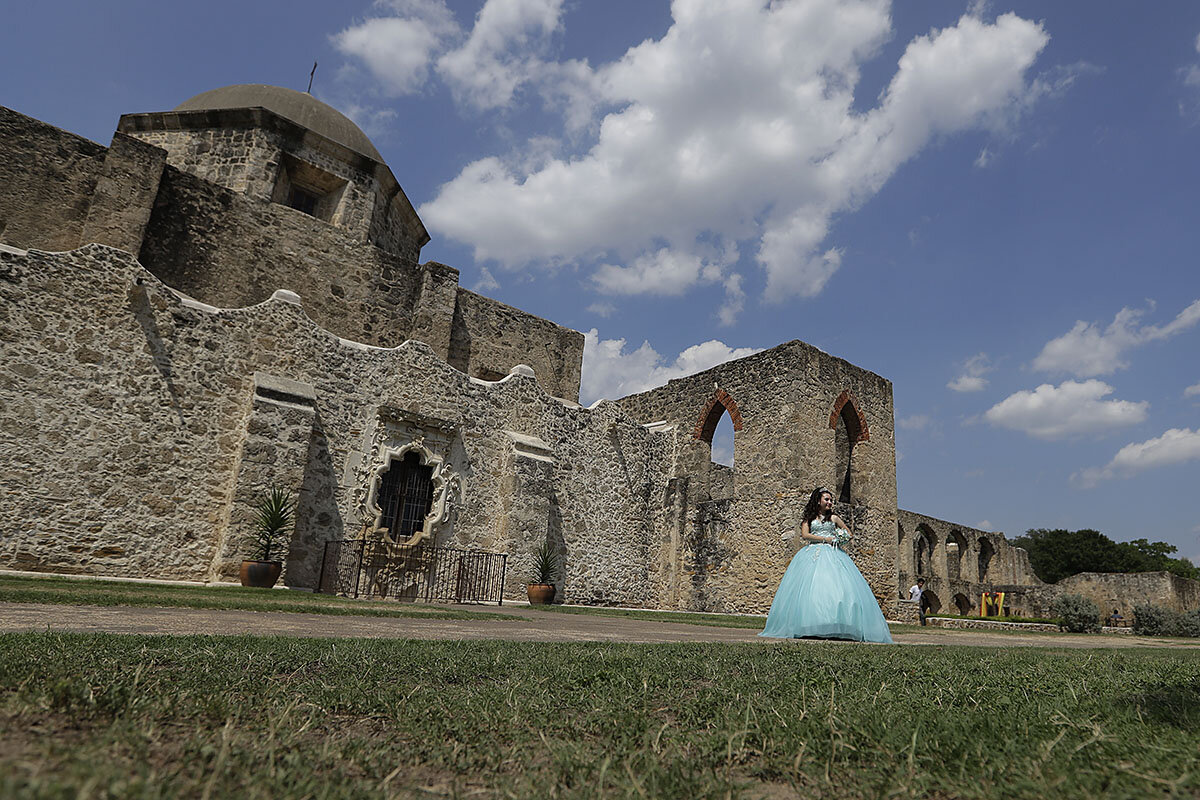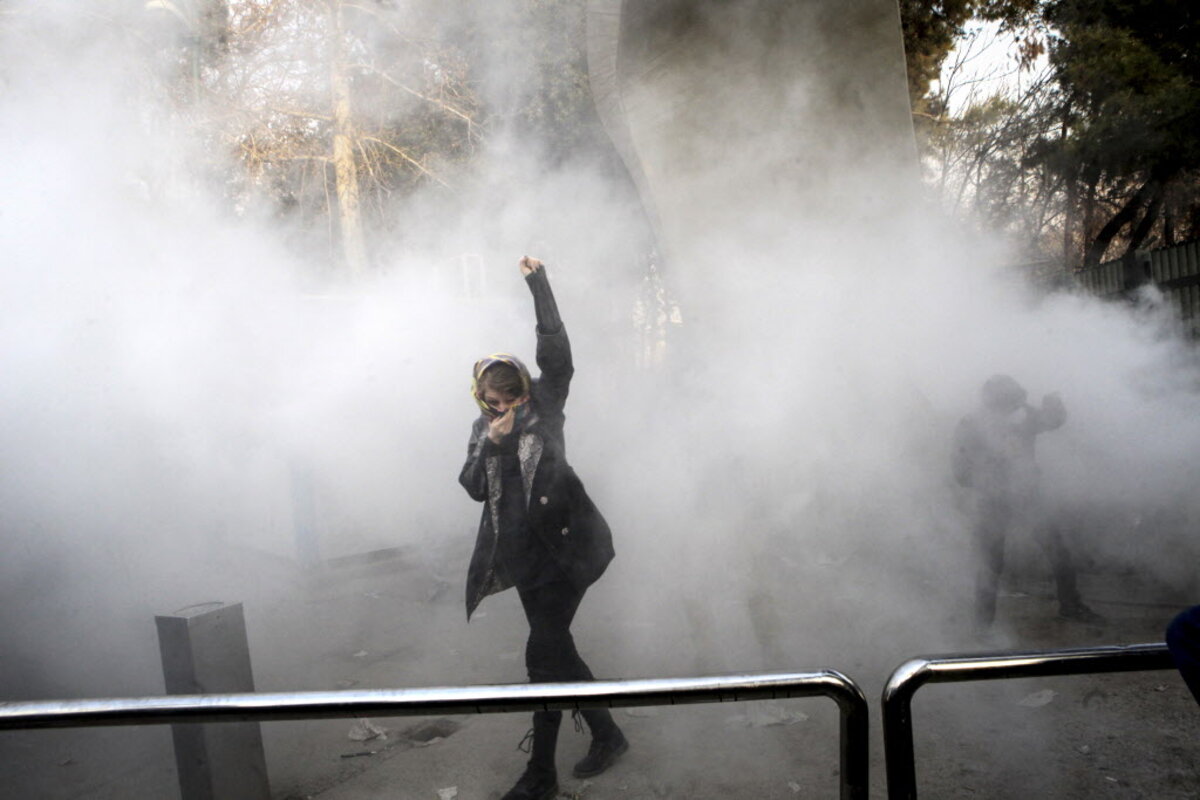In Iran, frustrations with an underperforming economy are exacerbating other fault lines in society, from misgivings about an adventurist foreign policy to anger at ruling elites. The result has been violent protests. Sound familiar?
Monitor Daily Podcast
- Follow us:
- Apple Podcasts
- Spotify
- RSS Feed
- Download
 Mark Sappenfield
Mark Sappenfield
The report is depressing and makes no attempt to hide it. “Let’s be honest: 2018 doesn’t feel good,” the Eurasia Group analysis begins. From there, it gets worse. “Citizens are divided. Governments aren't doing much governing. And the global order is unraveling.”
The report predicts a “geopolitical depression” – a decline of global stability – on the scale of the 2008 economic crash.
The prediction encapsulates a malaise that we so often see in the news today. The problem, the report suggests, is not necessarily that the world is becoming more dangerous. It is that the democracies that have upheld values such as freedom, individual rights, and openness since World War II are having a collective identity crisis.
This is the challenge of democracy and of freedom and peace. The more successful they are, the easier it is for vigilance to wane. “We took our liberal democratic values for granted for so long, we’ve forgotten how to defend them,” New York Times columnist David Brooks writes.
But this is also the virtue of democracy and of freedom and peace. The solution is in our hands. For his part, Mr. Brooks has written a series of extraordinary columns on how effective democracy demands its citizens to aspire to and strive for the best in themselves – the best motives, the highest ideals, the broadest compassion. That is a prescription for a very different 2018.
In our five stories today, we look at a unique effort to break down racial barriers in St. Louis, Morocco’s struggles to embrace a truly open democracy, and a new trend that could change literacy efforts worldwide.










